In “Strategies to Build Trust in DevOps,” Skytap VP of Operations, Paul Farrall, Paul shares some of his experience in the early days of DevOps initiatives and what’s required to give teams the best chance for success in their efforts. I love that Paul is willing to point out that his first attempt a DevOps “failed miserably,” and his reasons that happened are likely quite relatable for many in the software development industry. Paul points the blame at “cultural misunderstandings and a fundamental lack of trust between development and operations teams” as the primary reasons for his initial failure at getting DevOps off the ground.
This early revelation in Paul’s article struck me, as I quickly realized that these aren’t just roadblocks to DevOps success, they could spell disaster for an entire organization if left unchecked. And just because cultural misunderstandings and a lack of trust could be found in not just software, but any industry, that doesn’t excuse their existence—especially not when eliminating them results in such broad, substantial, and valuable benefits.
DevOps isn’t just a way to accomplish this, it’s been the way for many organizations.
Many struggle with DevOps as Paul and his teams did, simply because of conflicting assumptions of what doing DevOps even looks like. Paul’s suggestion of “getting rid of (the) term that scared both development and operations teams to eliminate an unnecessary distraction…” reminded me of an interview I did with DevOps guru Gene Kim. When I asked Gene how he defines DevOps, he stated, “I would define DevOps by the outcomes. DevOps is not about what you do, but what your outcomes are.”
At Skytap, we look at DevOps as an enabler for people who are truly passionate about building, testing, and releasing high-quality software to deliver customer satisfaction and real business results. The success and satisfaction of our customers is absolutely everyone’s goal, not just our development and operations teams, and the best way we know how to reach that goal is by consistently delivering high-quality software to those customers.
It’s also worth noting that that level of DevOps consistency does require more than “just” improving the culture and levels of trust around your teams. “It takes more than just a bunch of nice people communicating well to achieve DevOps outcomes,” says Kim.
This is where Skytap comes in.
We see ourselves as that “enabler of an enabler,” in that Skytap was built specifically to help organizations remove the bottlenecks, constraints, technological impediments, that ultimately prevent an increase in trust between teams. Development and testing teams that view operations as a hindrance to getting work done, and operations teams that view dev/test teams as a risk to security, stability, and quality will never get DevOps off the ground. The key to removing those negative views and false assumptions is by giving development, testing, and operations the ability to do the incredible amount of work required to deliver customer success.
Most teams want more than anything to be able to simply get their job done. They know what they need to deliver what they’re responsible for on a particular release, and they have a pretty good idea of how long that work will take them. Anything, or anyone, that prevents that work from getting done is going to be blamed and distrusted.
Skytap also goes beyond enabling enterprise dev/test and ops teams; we look at our solution as being truly empowering. In our recently published eBook, DevOps: Lessons Learned Over Decades of Practice, Skytap Director of DevOps Consulting, Kelly Looney, explains:
Empowered means responsible and with the ability to make decisions. Too many organizations have developed into mazes of “gates” which are groups (also known as silos) that are empowered to say “no” to putting something into production. With enough of those gates, organizations tend to simply freeze up.
Also, when a development group isn’t responsible for security, they won’t necessarily think about it. With “real” DevOps, teams are responsible for security and scale, and other teams with expertise in those things act as consultants rather than gates. The team creates a product and they stand behind it.
We highly recommend checking out Skytap’s DevOps solution, Paul’s recent article in DevOps.com, and our new eBook as they each provide a clear view to the benefits that DevOps provides, and proven strategies for success at any stage of your journey.
